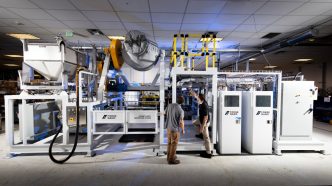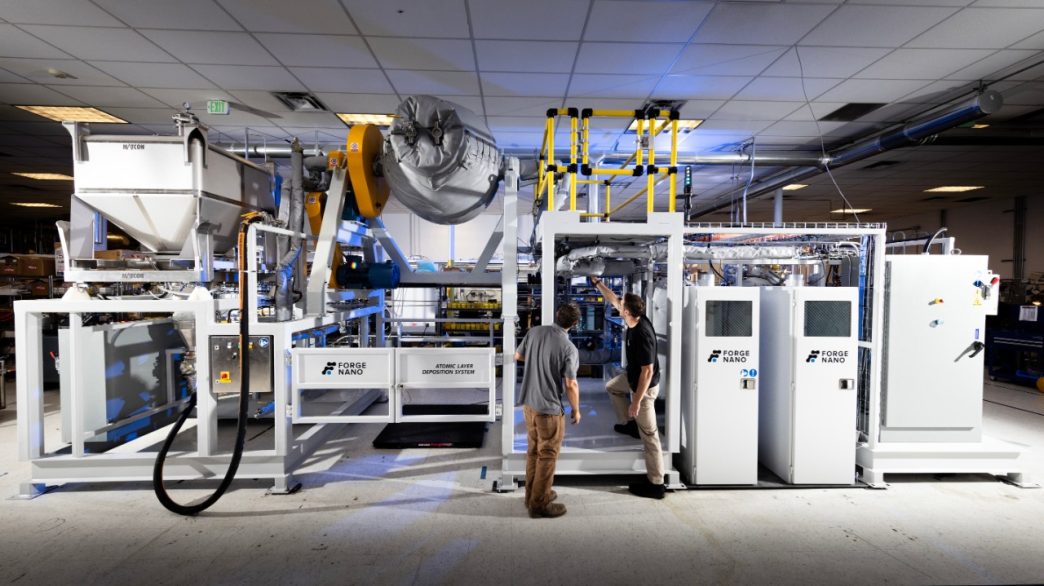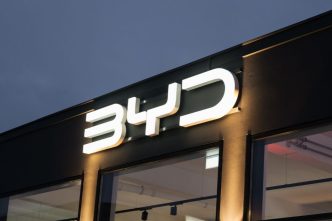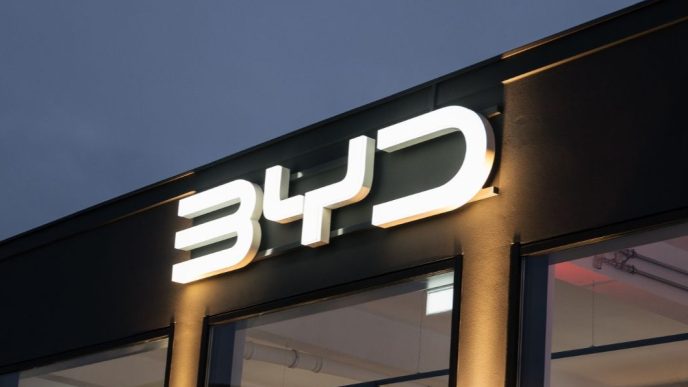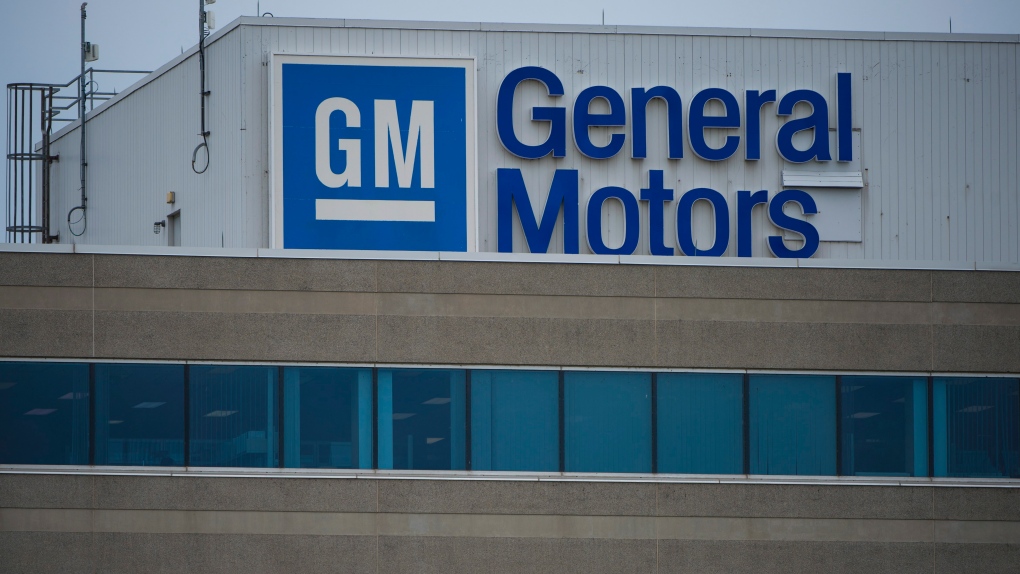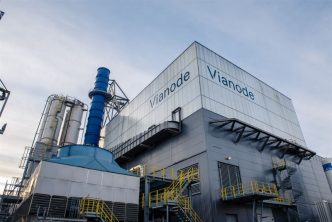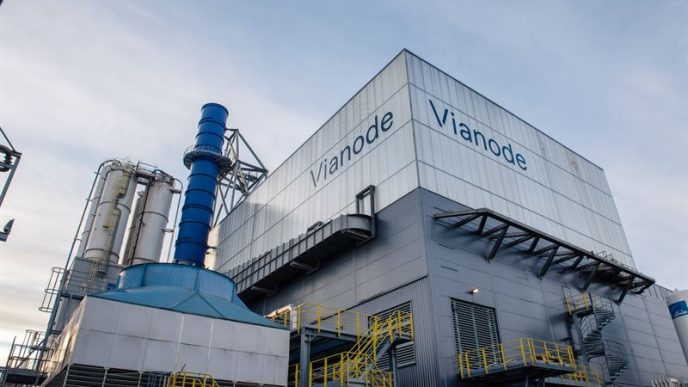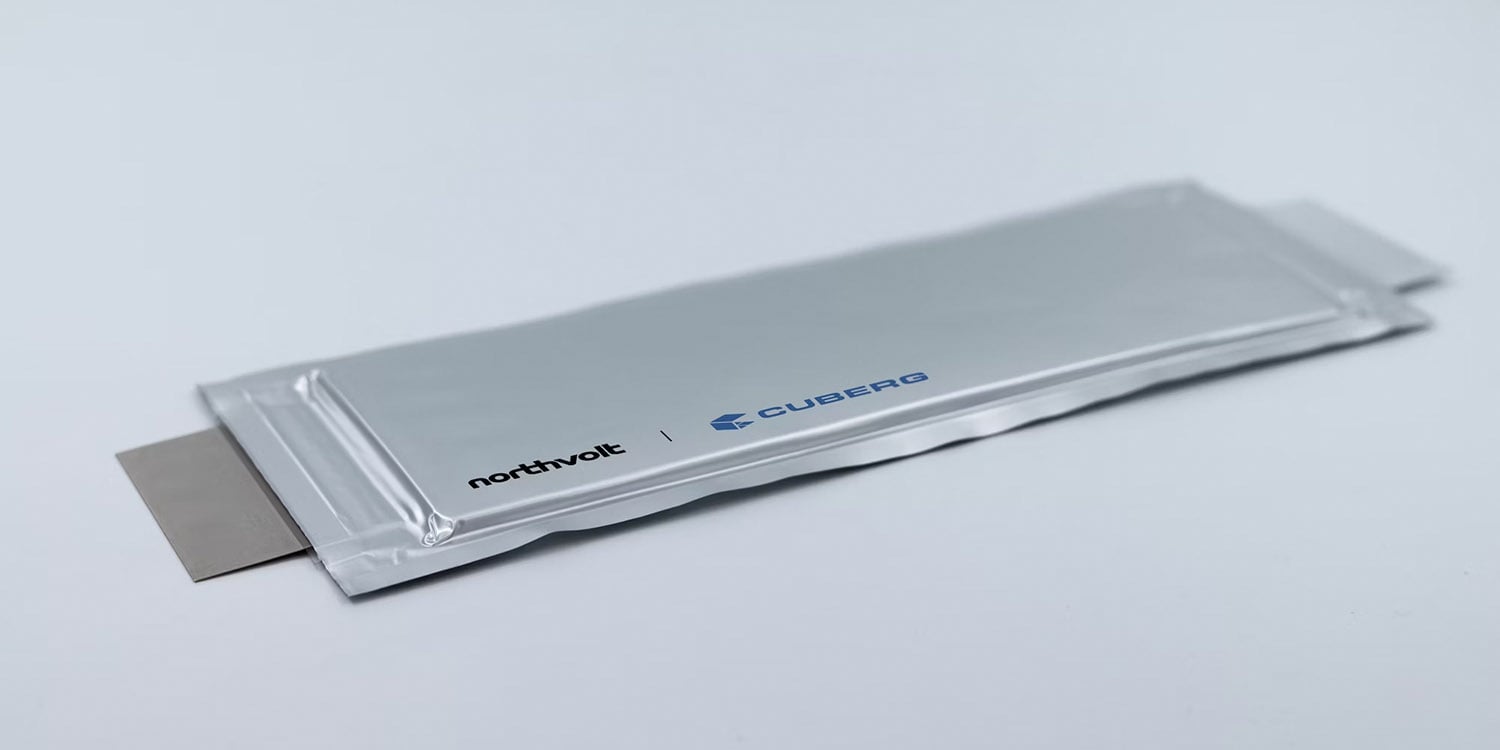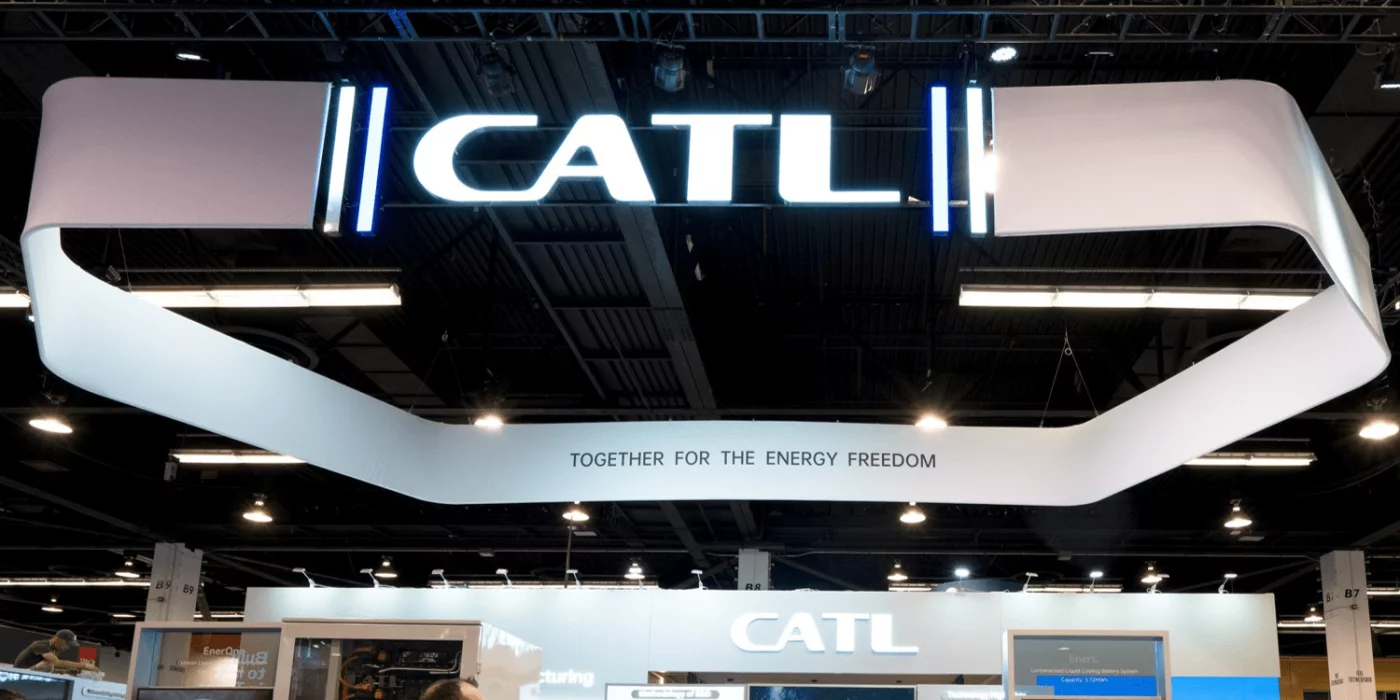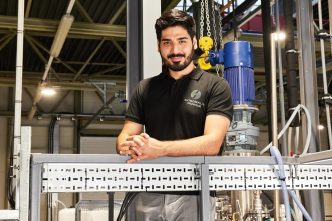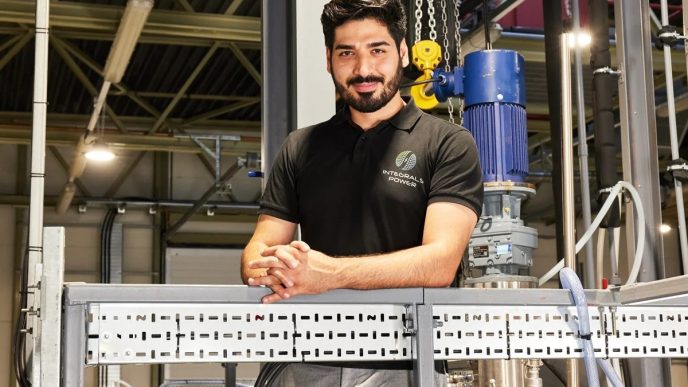General Motors (GM) has injected $10 million into Forge Nano, a materials science startup, through its investment arm GM Ventures, to improve electric vehicle (EV) battery cells. The collaboration focuses on integrating Forge Nano’s “atomic layer deposition” technology, known as Atomic Armor, into GM’s battery systems. This advanced coating is designed to enhance the safety and lifespan of cathode materials, leading to reduced battery costs and better overall performance.
As part of the strategic agreement, GM may use Forge Nano’s Atomic Armor technology in its EV batteries, which coats the cathode materials at the atomic level. Paul Lichty, CEO of Forge Nano, explained, “Atomic Armor is made of an ultra-thin ceramic layer to coat materials down to the atomic particle level, leading to more stable and robust performance.” He added that the technology helps prevent thermal runaway events, which can cause battery fires, by offering more uniform protection than traditional coatings.
GM’s shift away from its single-cell Ultium battery strategy highlights its new focus on a multi-supplier, multi-chemistry approach. Jack Crawley, a GM spokesperson, noted, “GM is always looking for ways we can make EVs more effective [and] pursue better battery performance.” He emphasized that the atomic layer deposition technology could help improve charging rates, energy density, and battery longevity.
Forge Nano has demonstrated that Atomic Armor can boost energy density by up to 20%, enabling manufacturers to “extract more lithium” from cathode materials. “It’s kind of tantamount to finding 20% more lithium just lying around on the ground,” Lichty explained. The company’s subsidiary, Forge Battery, is currently developing prototype cells and aims to begin large-scale production in 2026 at its new gigafactory in North Carolina, funded in part by a $100 million grant from the Department of Energy.

